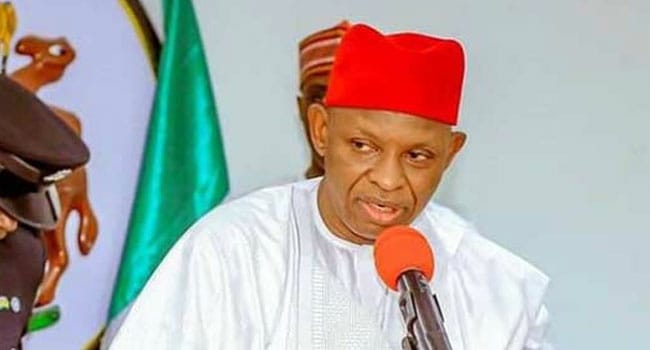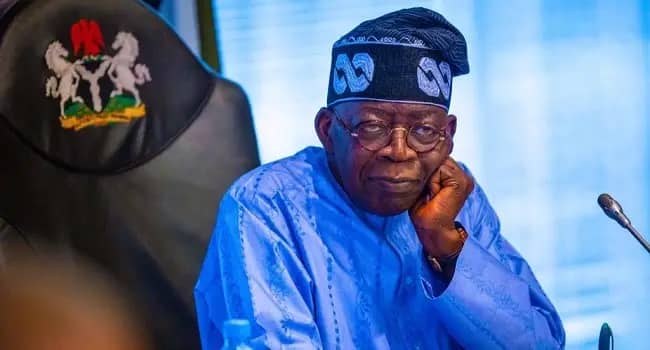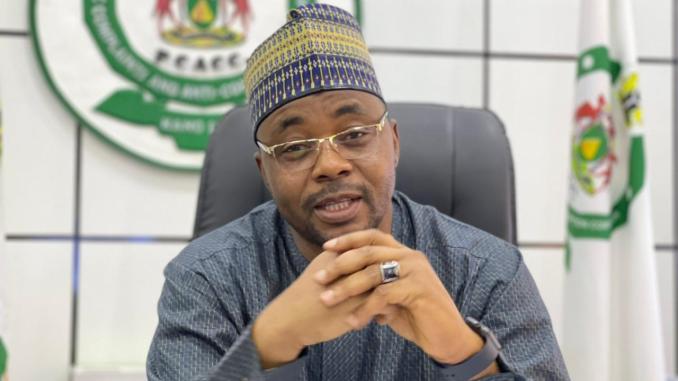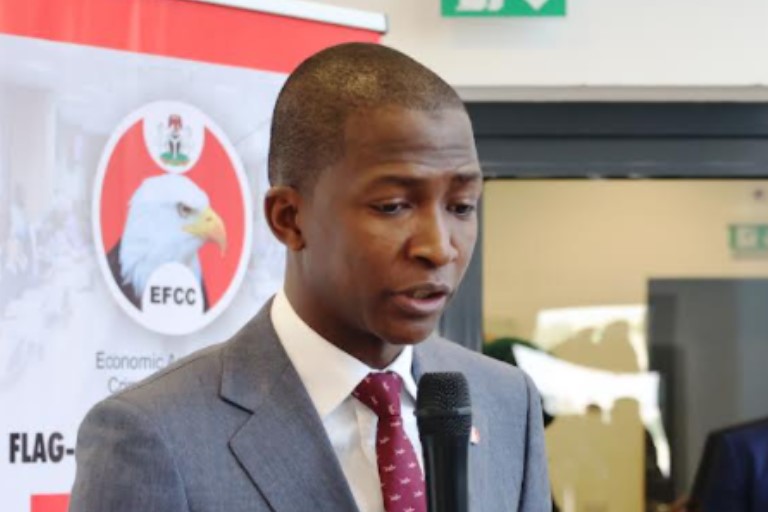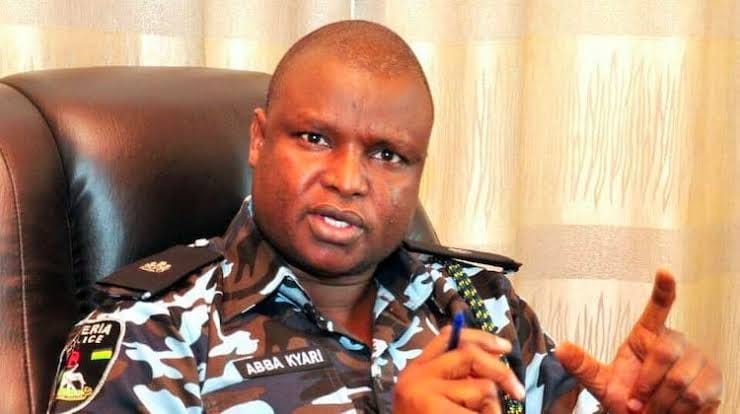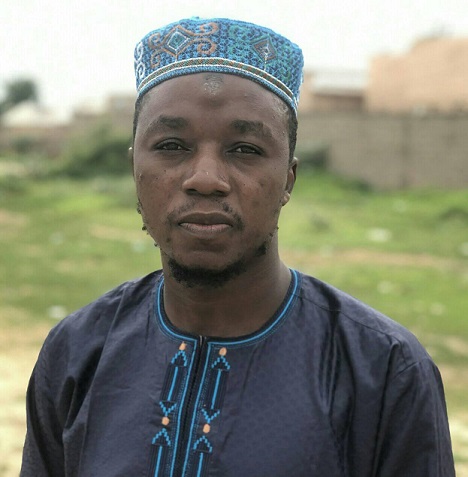Governor Abba K. Yusuf’s admin under scrutiny: Mismanagement and controversies rock Kano
By Umar Sani Governor Abba Kabir Yusuf's tenure in Kano State has been marked by a series of controversies and challenges, with the most recent scandal surrounding the Ramadan feeding…
